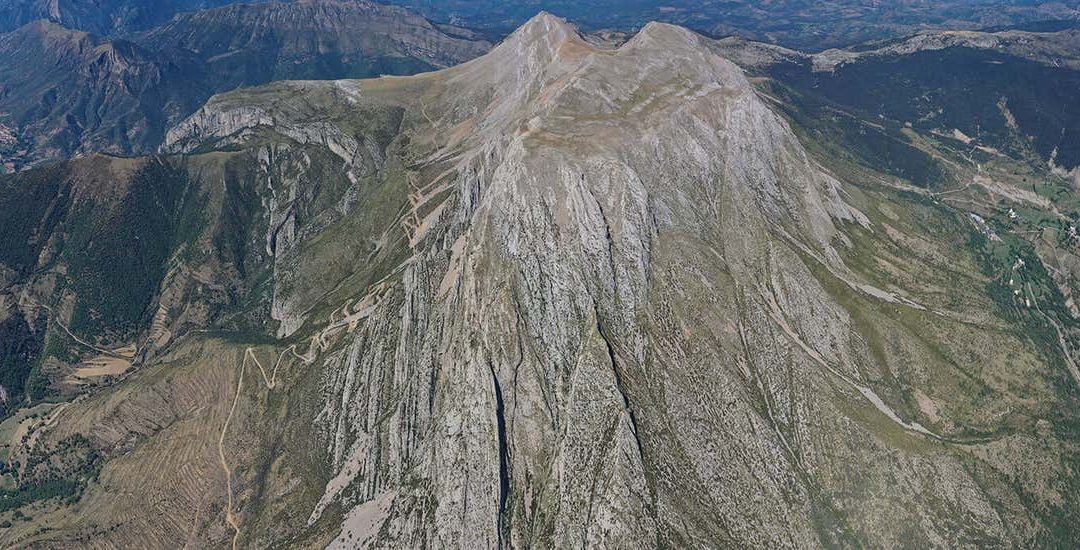Explore the Amazing Catalan Pyrenees: 9 Days for £4,800 with No Single Supplements
Discover the beauty and history of the Catalan Pyrenees, formed by the collision of the Iberian Peninsula with Europe, with a 9-day tour for £4,800, with no single supplements. Learn about the geological and cultural influences that have shaped the region, and explore the stunning landscapes, unique earth history, culture and gastronomy of the Pyrenees.
Immerse yourself in the rural culture, history and cuisine of the Pyrenees and get closer to some of Spain’s greatest artists and how earth history influenced their work. The tour will explore the influences that geology, and salt in particular, have exerted on history and agriculture. You’ll visit the Salt Mountain Cultural Park for a private guided tour to explore the origin of the extraordinarily beautiful and delicate contortions of the salt as it once flowed like treacle.
Discover the stunning landforms and vistas formed by the tectonic impact, and explore the ancient city of Cardona, a stronghold of Catalonian independence and located in a geo-strategic position. Learn about the mountain building processes of deep-time, and use geo-detective skills to deduce how an ancient delta formed during the growth of a large fold in the underlying strata.
Hike to use wonderful panoramic mountain vistas to explore the evidence for ancient continental margins now caught up and preserved in the Pyrenees. At Cotiella mountain the spectacular view of an entire mountainside gives a true sense of the processes and scales of the structures involved in mountain building. Explore the rock formations where the architect Gaudí got his inspiration for the Sagrada Familia cathedral in Barcelona, and visit the Salt Museum to discover how salt has been mined, purified and used throughout the ages.
The tour allows more immersion into this fascinating deep-time history with a journey into the 40-million-year-old salt body itself. Join us on this amazing journey to explore the Catalan Pyrenees and uncover the secrets of its geological and cultural history.
Source: www.newscientist.com
